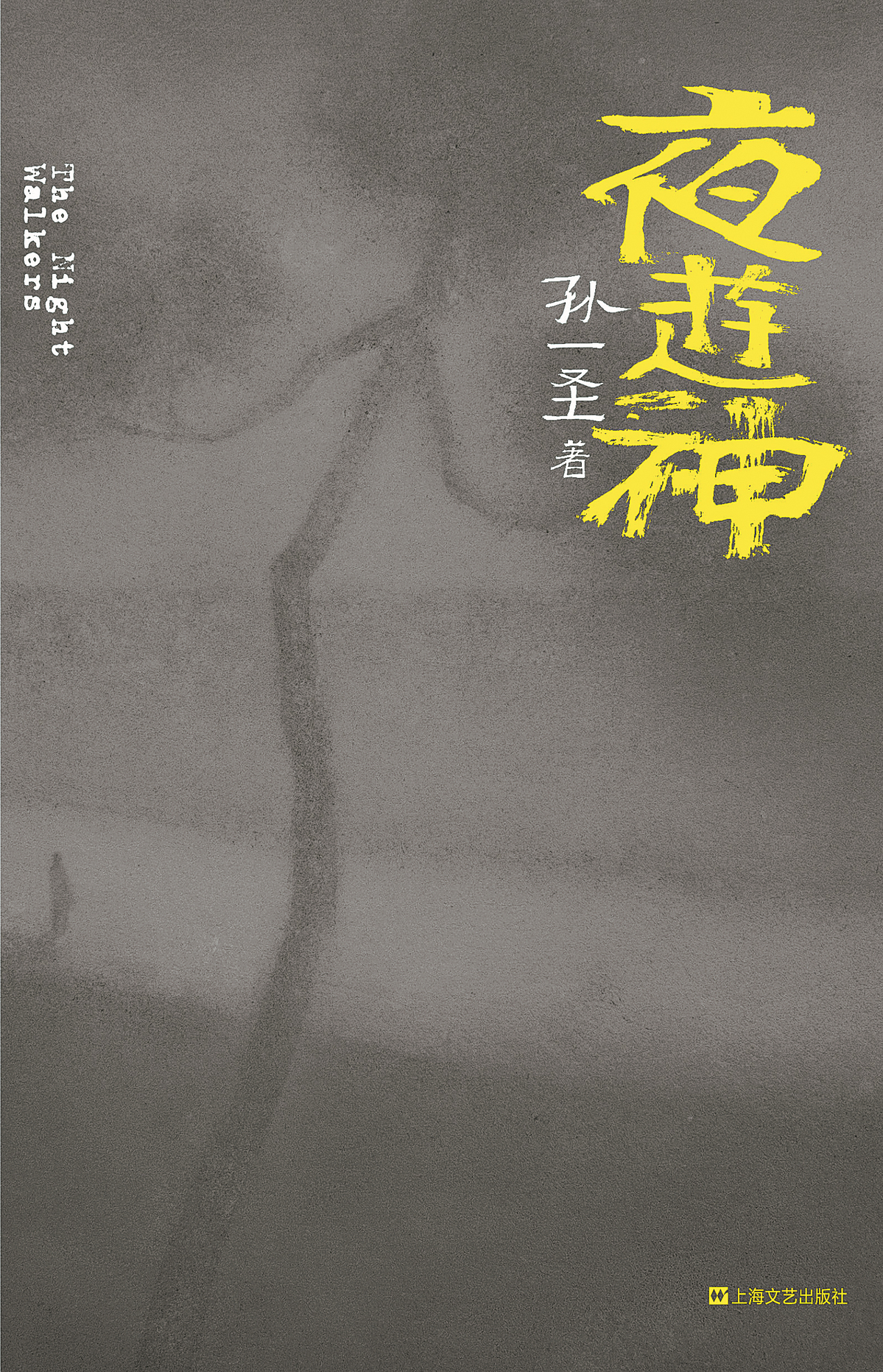Written into existence
Feeling aimless and invisible, Sun Yisheng's stories help to rewrite his destiny, Yang Yang reports.
By Yang Yang | China Daily | Updated: 2021-08-20 15:08

Sun's second book, Yeyoushen (The Night Walkers), a collection of five novellas, is set for release in September.[Photo provided to China Daily]
Short Stories in the book The Shades Who Periscope Through Flowers to the Sky, Apery, The Stone Ox That Grazed, and Dad, Your Name Is Field-Keeper were translated by Nicky Harman from the United Kingdom, who has also converted works by Chinese writers such as Jia Pingwa and Yan Geling into English. They were also published in international literary magazines, such as Words Without Borders, Asymptote, and Asia Literary Review.
Commenting on Sun's fiction, Harman says his works were different from other Chinese writers, and created a context that completely belonged to himself. According to her quote on the cover of the book, Sun has an extraordinary sensibility for reality and imagination.
As a fan of Juan Rulfo and William Faulkner, in the stories, Sun has applied a quaint linguistic style to create a surreal world with rigorous logic, which breaks the bounds of ordinary cognition and spatial perception.
His second book Yeyoushen, or The Night Walkers, is set for release in September. It comprises five novellas that he created since 2016, mainly about a place called Heze. Three of the five stories correlate with one another. Unlike in the previous works, in this book, Sun employs more concise language, but continues to set a surreal atmosphere.
He says he tries to write about the real relationships among people that he observes in his hometown of Heze.
"I want to represent the unspoken subtle things among people. People converse in fiction, just like in one of the novellas in the new book Huan Xiang (Return to Home), but there is actually a deep background behind the conversations that the writer doesn't clarify. However, we can sense it in their conversations," he says.
Sun tries to also represent real feelings, like those between the father and son in Huan Xiang.
"Never elevate human nature or feelings. There might exist a touching, profound affection between a father and son. Somehow, though, I feel something in it is fake. It might be common for intellectuals, but in rural areas, hard life will wear away such tender feelings," he says.
In narrative style, Sun tends to use details in a way that defamiliarizes ordinary things, to create moments of epiphany for readers.
"They are moments that will allow people to think about their life. I often have such moments while reading. For me, people love reading just because it can make life stop for a moment," he says.
























